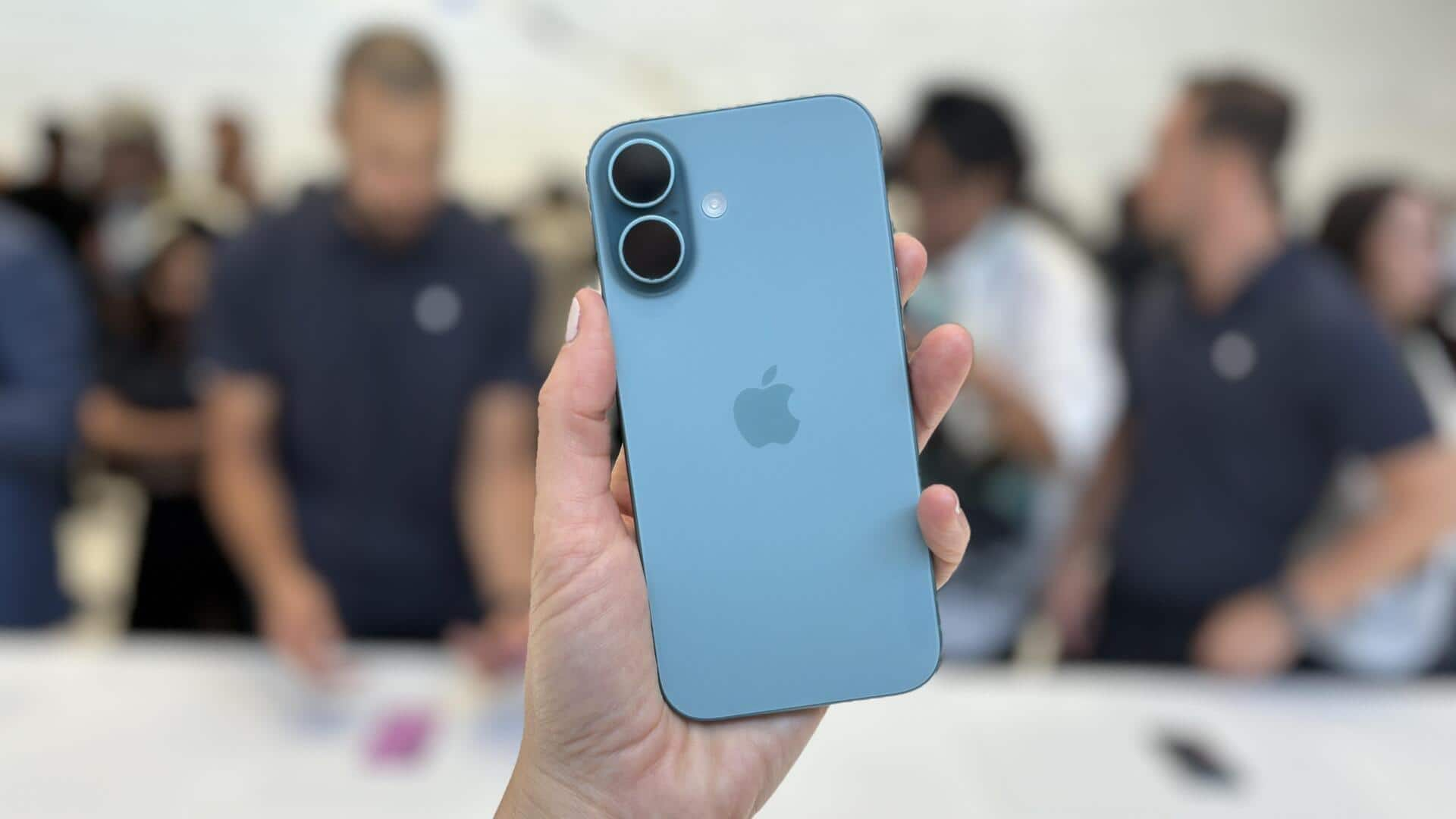
Another iPhone component supplier plans to shift production to India
What's the story
Murata Manufacturing Co., a major supplier of components for Apple's iPhone, is considering shifting some of its production to India. The move is part of a broader effort to restructure global supply chains.
The company's President Norio Nakajima said that the decision is being driven by rising demand in India and requests from customers for more overseas production.
Product range
Murata's components are used in various electronic devices
Murata's components go beyond iPhones and are present in various electronics.
They power Samsung smartphones, NVIDIA Corporation servers, and Sony Group Corporation game consoles.
The company has even supported NASA's Mars mission by providing components for a helicopter.
Today, nearly 60% of Murata's multilayer ceramic capacitors (MLCCs) are produced in Japan.
Strategic alignment
Murata's production shift aligns with Apple's diversification strategy
Apple has been diversifying its production beyond China, with the company recently starting trial production of its AirPods wireless earphones in India.
This would be in line with Murata's potential shift in production.
Nakajima said that the company is considering leasing a plant at OneHub Chennai Industrial Park in Tamil Nadu, where it plans to package and ship ceramic capacitors from April 2026 onward.
Market exploration
Murata's cautious approach to Indian market
Taking a cautious approach, Murata is leasing the plant for five years with an investment of $6.6 million, to test long-term demand in India before committing to building a factory.
Nakajima explained that it's too early for them to build an integrated production facility in India due to infrastructure challenges, but they want to establish some capacity as their customers shift production.
Future plans
Murata has no plans for US manufacturing facilities
Murata has no plans to set up manufacturing in the US.
Nakajima clarified this is because their capacitors go into products mostly assembled in Asia and then shipped to the US.
He also expressed concerns over potential indirect damage tariffs might cause, like a surge in consumer goods prices negatively impacting orders for capacitors.